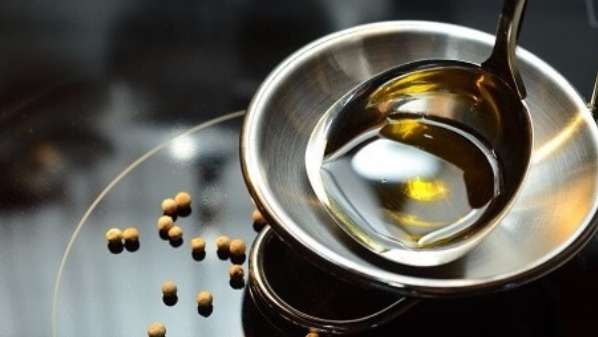Disposal of FOG (Fats, Oil & Grease)


Disposal of Fats, Oil, Grease and Food Waste
Disposing of FOG (fats,oil and grease) should always be done correctly and should be of paramount importance, especially in indutries that use grease dosing units on machinery and generate copious amounts of FOG including restaurants and hospitality, agriculture and institutional kitchens such as schools, prisons and hospitals. By disposing of FOG correctly, industries can prevent the following issues:
Preventing Sewer Blockages
FOG can congeal and solidify when it cools down, leading to the formation of blockages in sewer pipes. These blockages can cause overflows, backups and damage to the sewer system.
Protecting the Environment
When FOG enters the sewer system and causes blockages or overflows, it can result in the release of untreated wastewater into rivers and lakes, contaminating water sources.
Maintaining Public Health
Sewer overflows caused by FOG can introduce harmful bacteria and pathogens into the environment, posing health risks to the public.
Preventing Plumbing Issues
Inside homes and buildings, improperly disposed of FOG can accumulate in plumbing pipes, leading to clogs and backups and ultimately costly repairs.
Minimising odours
FOG can decompose and emit foul odours when not disposed of properly. This can create unpleasant smells in homes, businesses and water treatment plants.
It is important to dispose of food, fats, oil and grease responsibly.
If you would like further information on the correct handling and disposal of FOG, or have any concerns about your current grease dosing unit or would like to find grease dosing unit support near you then contact us , also there is a lot of helpful information available from Water UK (see below for downloads)
Water UK information leaflet
Water UK publishes a very useful leaflet in partnership with the Environment Agency, Chartered Institute of Environmental Health, Consumer Council for Water and defra.
The leaflet entitled Best Management Practice for Catering Outlets provides a background of the cause and effect of fats, oil, grease and food waste in the drainage system and helpful tips on training, handling and storage of commercial kitchen waste.
Guidance on Grease Traps
Water UK publishes guidelines for grease traps, which include:
- know where your grease traps are located
- check your grease traps regularly
- grease trap maintenance is a specialist operation
- consider contracting a specialist for service and waste management
- keep records of grease trap cleans and waste disposal









